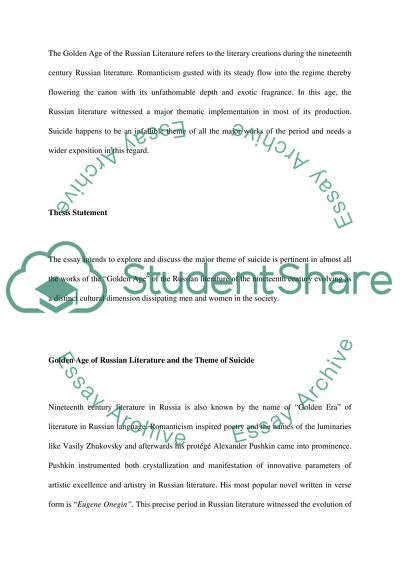Cite this document
(“Russian literature Research Paper Example | Topics and Well Written Essays - 1500 words”, n.d.)
Retrieved from https://studentshare.org/family-consumer-science/1420212-russian-literature
Retrieved from https://studentshare.org/family-consumer-science/1420212-russian-literature
(Russian Literature Research Paper Example | Topics and Well Written Essays - 1500 Words)
https://studentshare.org/family-consumer-science/1420212-russian-literature.
https://studentshare.org/family-consumer-science/1420212-russian-literature.
“Russian Literature Research Paper Example | Topics and Well Written Essays - 1500 Words”, n.d. https://studentshare.org/family-consumer-science/1420212-russian-literature.


